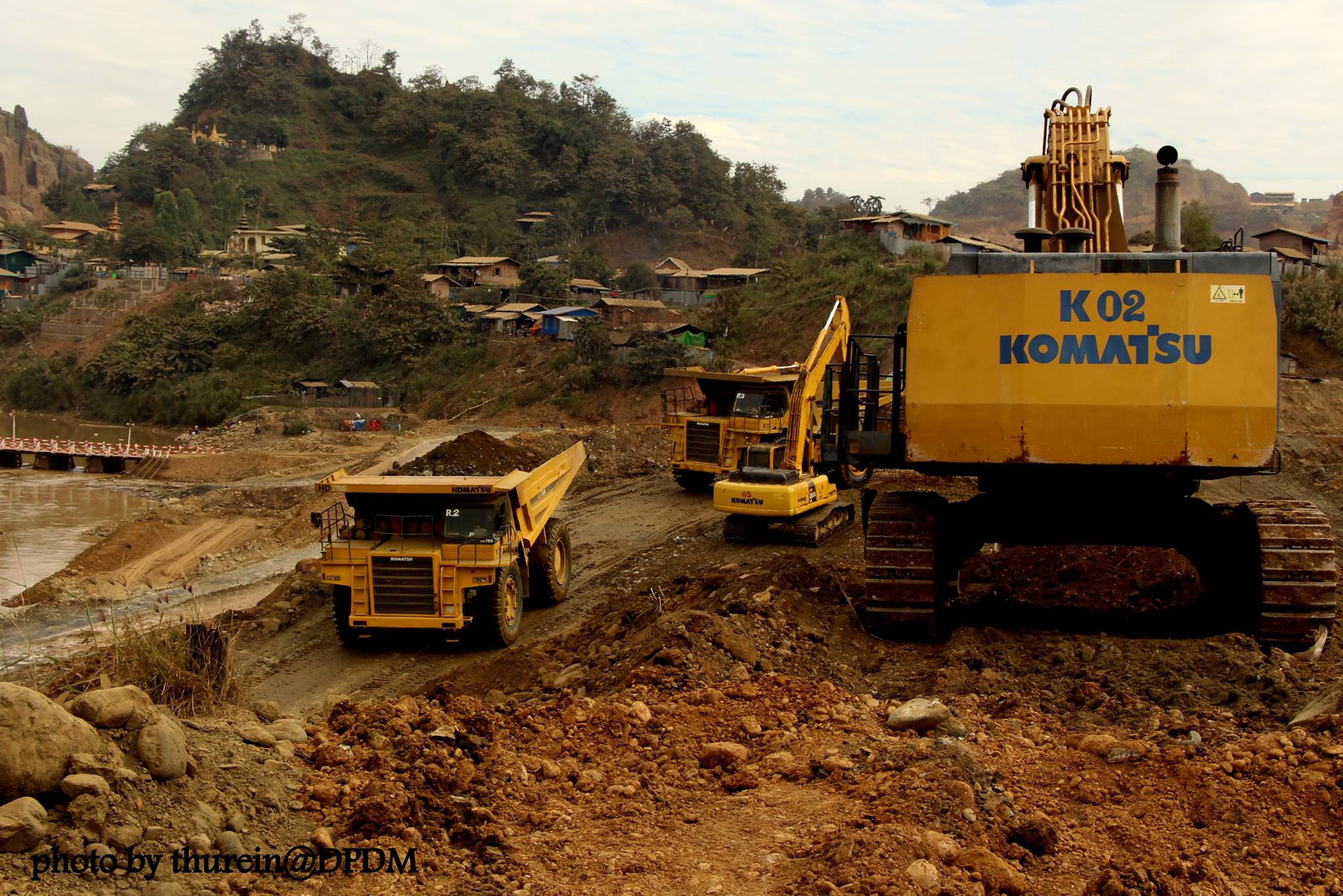Burma’s economic policies under the current government are expected to focus on sustainable development and diversification into other sectors instead of resource-related business, says the Delegation of German Industry and Commerce in Burma.
Monika Staerk, a German delegate in Burma, told the German-Thai Chamber of Commerce that the newly elected government is expected take a more sustainable approach in terms of economic development rather than focusing on growth from exploiting resources.
Speaking at a seminar entitled “New Government, New Prospects: Economic Development and Business Opportunities in Myanmar”, Staerk said Burma’s GDP has relied heavily on resource-related activities and now diversification is likely in order to reduce risk.
“Myanmar [Burma] has been under sanctions by Western countries for about 20 years, so there haven’t been any proper explorations by technicians to determine how many resources are left,” she said.
The government is also trying to add labour-intensive industries to increase jobs.
Burma’s GDP stood at US$66.9 billion in 2015 and it is forecast by the International Monetary Fund to grow by 8.6 percent this year to $74 billion.
Staerk said Burma’s government also seemed to want more independent policies on foreign affairs.
“Myanmar will not be an ODA [official development assistance] junkie but will balance its interests with big partners such as Japan, China and India,” she said.
Under the current complicated political balance, however, it is still hard for the Burmese government to come up with a very clear economic master plan.
[related]
Around 100 days after the general election, the Burmese government has been focusing on anti-corruption issues and implementation of tax measures. Those measures had received mixed feedback from the business community, making it hard for the government to respond well on economic issues, Staerk said.
Some regulations developed by the previous government, such as those related to investment, companies and foreign workers in the country, have been continued by the current government.
The previous government in Burma was active in developing special economic zones throughout the country, but progress and development of these zones have slowed under the new regime, Staerk said.



